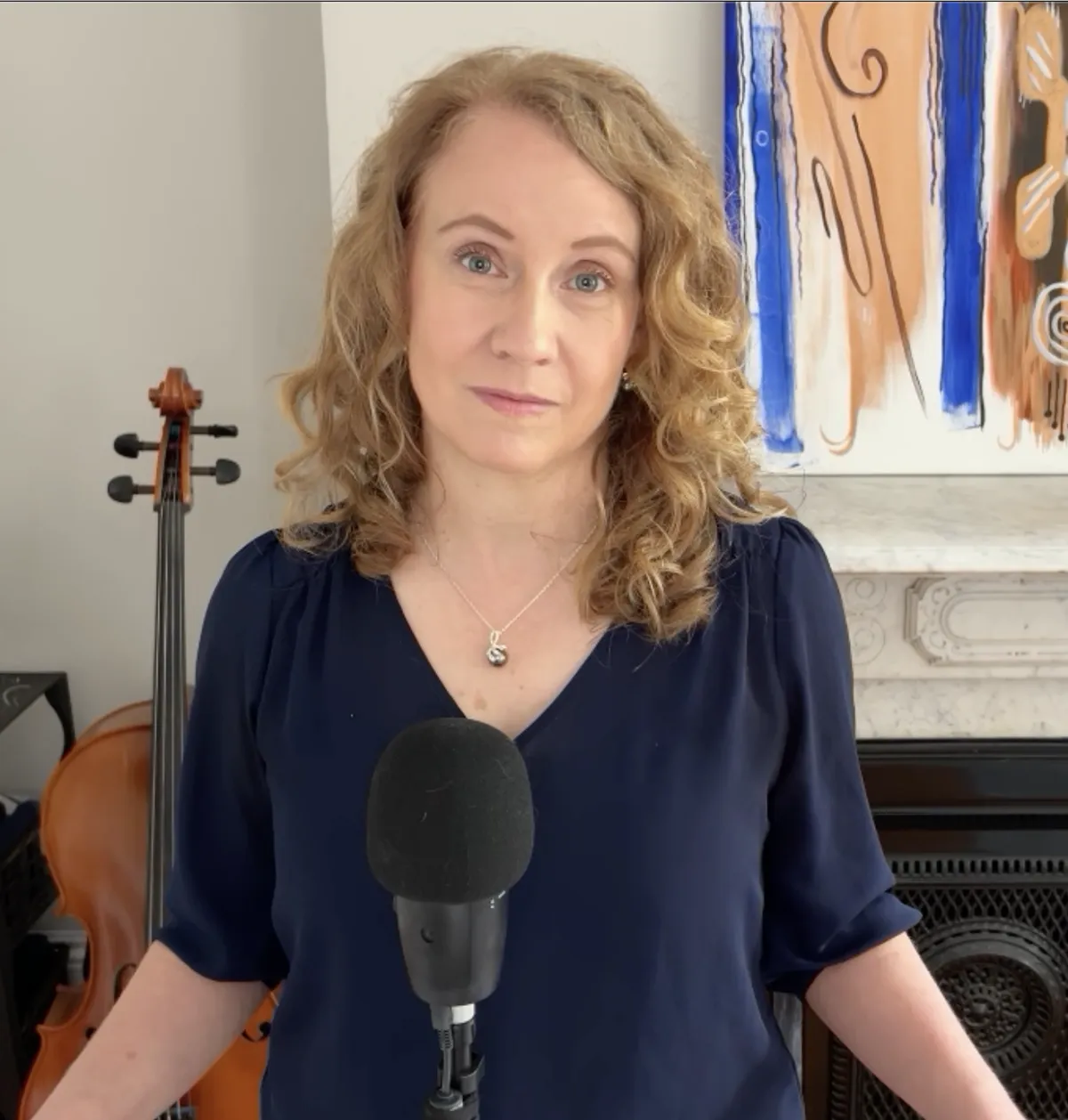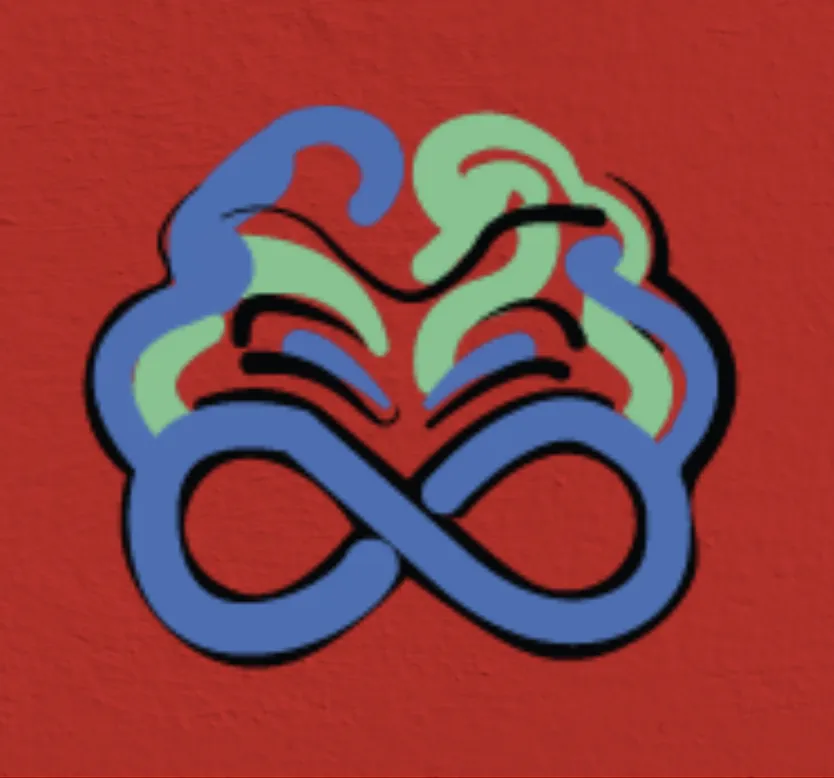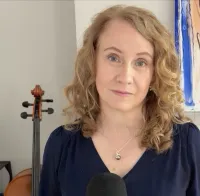

Where YOU get REAL Support and REAL Solutions
Defining Success Together
Autism and marriage aren't easy. We're here because we really get it.
REAL Neurodiverse Marriage
About Anne MacMillan
I built my original Neurodiverse Family Systems Theory on my education, personal life experience, and the professional experience I gained in the private neurodiverse services practice I founded in 2017.
Today, my services extend to support other professionals who have come to the new realization that neurodiversity is at the heart of many of the relationship challenges their adult clients face. Professionals can earn my Neurodiverse Family Systems Educator Credential (NFS-E) then use my practical 10-Step educational system, including quantitative assessments and support resources, to help their clients comprehend their relationship challenges and find the happiness and peace they deserve.
I have a research-based master's in psychology from Harvard University and studied developmental psychology as an undergrad. I received the Director's Thesis Award at Harvard for my original research on Level 1 autism and intimate life partnerships -- some of the first quantitative research on the subject in the world.
Altogether, I have over 50 years of personal life experience with neurodiverse family systems, over 20 years of personal life experience with neurodiverse intimate life partnerships, and 8 years of professional experience working with individuals managing the challenges of neurodiverse family systems.
I self-identify as a high body empathetic neurodivergent who just might also be a bit attention neurodivergent (ADHD). I am not autistic.

Anne MacMillan, MLA
Founder of the 10-Step Neurodiverse Family Systems Approach, Speaker, Researcher, Consultant, Coach, Educator and Expert Witness
Online Course Available Now
Married to Autism? Your Journey to Connection and Ease
An Online Course for Neurotypicals
and Non-Autistic Neurodivergents
Only $34.99 USD
Get the benefits of my education and life experience for less than the cost of one restaurant meal for two!
Neurodiverse relationships can be very confusing. Comprehending YOURSELF and the ways autism affects YOU can make all the difference. Take this first step towards
making life changes that will bring YOU the
Connection and Ease that YOU deserve.

Vicki R.

Found her insights spot on. I gifted this course to 2 others before I even finished it. Refreshing thoughts. Focus is on you, the NT of the relationship with great ways to look at things from both sides. Been married to Autism for 45 years and found this course something I will review on a regular basis to support myself.

Katie G.

This is a MUST for anyone who has a partner with autism. No matter where you are in your relationship, even if your relationship has ended, this is for YOU! Anne’s knowledge, compassion, guidance is unparalleled and unprecedented. Thank you Anne.
My Services
I offer consulting and coaching services to support you in achieving what you want from your life and for your partner, family and children. I work with either the autistic or the neurotypical partner.

Anne MacMillan, MLA
Founder of the R.E.A.L. 10-Step Neurodiverse Family Systems Approach, Speaker, Researcher, Educator, Consultant, Coach and Expert Witness
My Newest Blog Posts

It Takes Two to Tango
“The moral of the adage should be the opposite. In actuality, it takes two to get along.”
What happens when you're not safe to walk away from a fight?
"It takes two to tango" is an old adage often interpreted to mean that fights only happen because both people are participating.
Its moral is: if you’re part of a fight, it’s your fault, too. You wouldn’t be in the fight if you weren’t choosing to be in it. And, if you want to stop a fight that you’re part of, stop your half of the fight and the fight will end.
And, that’s true if you have the power to walk away from a fight. An adult can choose to leave any fight that it’s safe to leave. And by leaving you win…..
But what happens when you’re not safe to walk away from a fight? What if you can’t get away from the other person? What if there are other people, possibly small children, depending on you to stay in the fight?
If you can’t walk away, is healthy to always allow yourself to lose just to keep the peace? Is it better to start fighting back?
The moral of the adage should be the opposite. In actuality, it takes two to get along. It takes two to work together. It takes two to be a team. It takes two to collaborate.
Neurodiverse relationships are rife with fighting and low on teamwork and collaboration. Teamwork and collaboration are easier when both people have theory of mind skills. When each partner can somewhat accurately perceive the other persons’ perspective and intentions, they can more easily find ways to work together for the mutual benefit of both.
When only one of the two people in a relationship has theory of mind skills, that person, the neurotypical partner, is working to be aware of the other partner’s, the ASD partner’s, intentions and perceptions. Yet at the same time, the partner with ASD isn’t keeping in mind the neurotypical partners’ intentions and perceptions. The result is that both partners are thinking about the ASD partners’ intentions and needs and only the neurotypical partner is thinking about the neurotypical partner’s needs.
Things can get out of balance after a while, favoring the partner with ASD’s needs. And people with ASD do, at no fault of their own, have a lot of needs.
In marriage, ASD partners’ needs do not negate the needs of neurotypical partners who, over time, become worn due to the lack of reciprocity in communication, caregiving and connected sexuality and affection.
A marriage is different than a parent-child relationship, a therapist-client relationship, or a teacher-student relationship. Ideally, it is a relationship of equality in which both partners are working together or caring for each other. But in mixed-neurological marriages, due to the difference in theory of mind skills between the partners, this kind of reciprocity and teamwork doesn’t happen.
It does take two to tango. Watch the dance. It is a neurotypical dance with both partners responding to the other. It is about connection, eye contact, sexuality, and working together for the benefit of both. The tango is a dance of social communication and autism affects social communication. The tango can’t happen in neurodiverse marriages because only one partner’s brain knows how to do the dance.
It takes two to tango.
It takes two to work together.
It only takes one to perpetuate a fight and it’s not always possible for the other spouse to walk away
My Research
Some of the world's first quantitative research on autism and marriage
I was working on a master's in psychology at Harvard University when I realized my husband of almost 20 years was autistic. I was shocked by how little was known about an issue that affected my own life so dramatically. So, I shifted my research interests to autism and marriage and was ultimately given the Director's Thesis Award for my work.

My White Papers and Pamphlets
© 2024 R.E.A.L. Neurodiverse
All Rights Reserved
anne@REALneurodiverse.com
Text or Call: (617) 996-7239 (United States)
